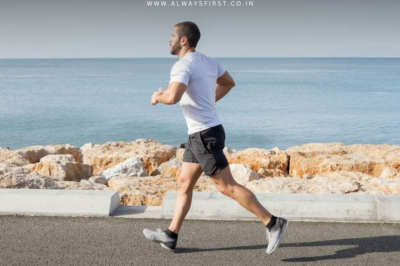Key Takeaways:
✅ Brisk walking for just 15 minutes daily can reduce mortality risk more than slower walking.
✅ Study followed 86,000 people over 17 years, with faster walkers showing greater longevity benefits.
✅ Even slow walkers benefit, but adding short bursts of speed amplifies health gains.
Why Walking Faster Could Be the Secret to a Longer Life
Walking has long been celebrated as one of the simplest yet most effective forms of exercise, linked to improved heart health, better blood sugar control, and even weight management. But new research suggests that how fast you walk might be just as important as how much you walk—and it could even help you live longer.
A landmark study published in the American Journal of Preventive Medicine, led by Dr. Wei Zheng from Vanderbilt University, followed 86,000 adults over 17 years to analyze the impact of walking speed on longevity. The findings? Those who walked at a brisk pace for at least 15 minutes a day had a significantly lower risk of death compared to slower walkers.
Who Benefited the Most?
What makes this study particularly compelling is its focus on underserved populations—groups often excluded from fitness research. Nearly half of the participants earned less than $15,000 annually, and two-thirds were Black, demographics known to face higher risks of chronic diseases like diabetes and hypertension. The fact that a simple, cost-free change in walking pace could improve lifespan in these communities is a major takeaway.
Do You Really Need to Walk Faster?
While the fastest walkers saw the greatest reduction in mortality, Dr. Zheng emphasizes that any walking is beneficial. Even those strolling at a slower pace still reaped health rewards. However, adding short bursts of speed—similar to the popular Japanese interval walking method—could enhance those benefits further.
What This Means for You
Current U.S. health guidelines recommend 30 minutes of moderate exercise most days, but Zheng’s research offers hope for those struggling to meet that goal. “If you walk just 15 minutes a day—below the recommended level—you still benefit,” he says. For sedentary individuals, this means small, manageable changes can make a real difference.
The Bottom Line
You don’t need a gym membership or expensive equipment to boost your health. Simply picking up the pace on your daily walk—even for a few minutes—could be a lifesaver. So next time you step out, consider quickening your stride. Your future self might thank you.









































Leave a Reply